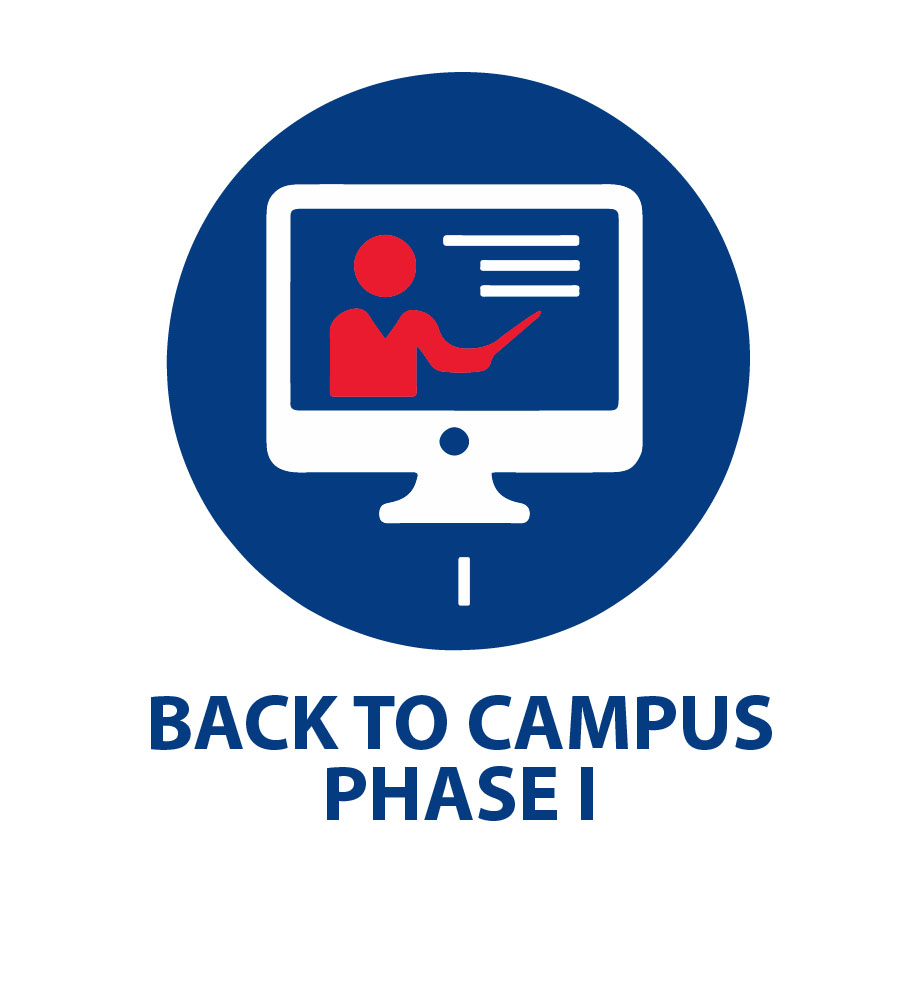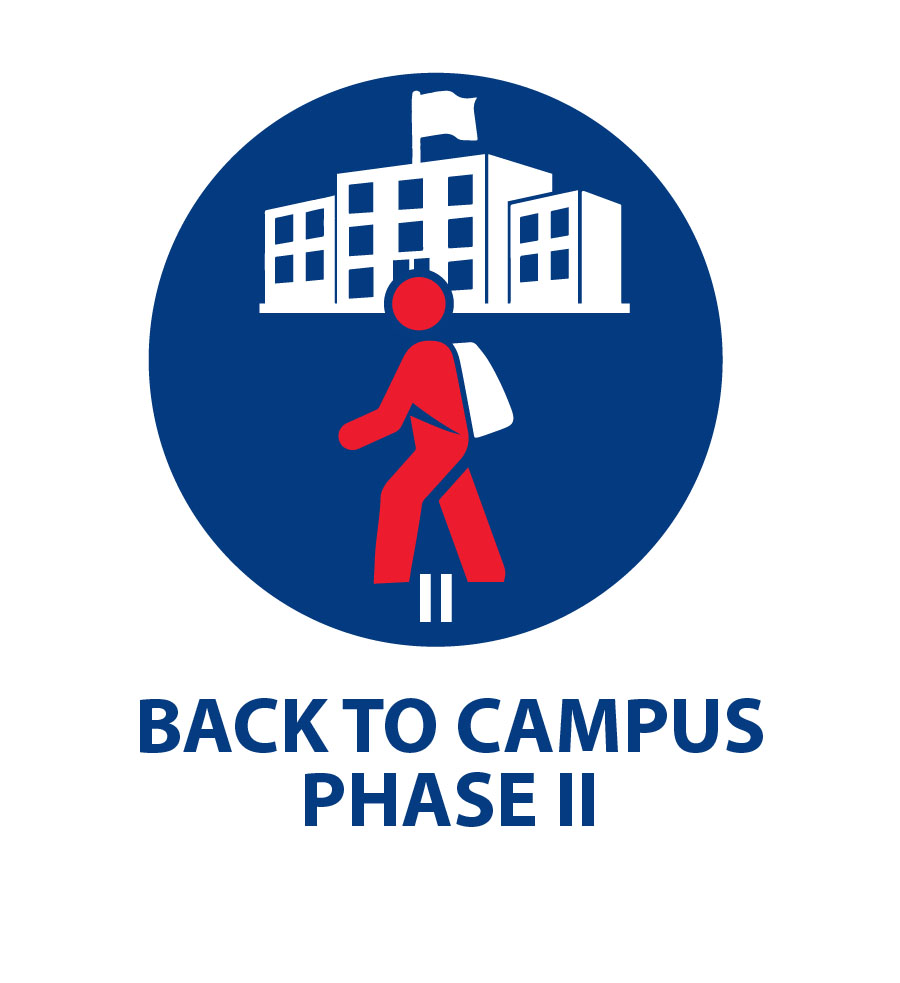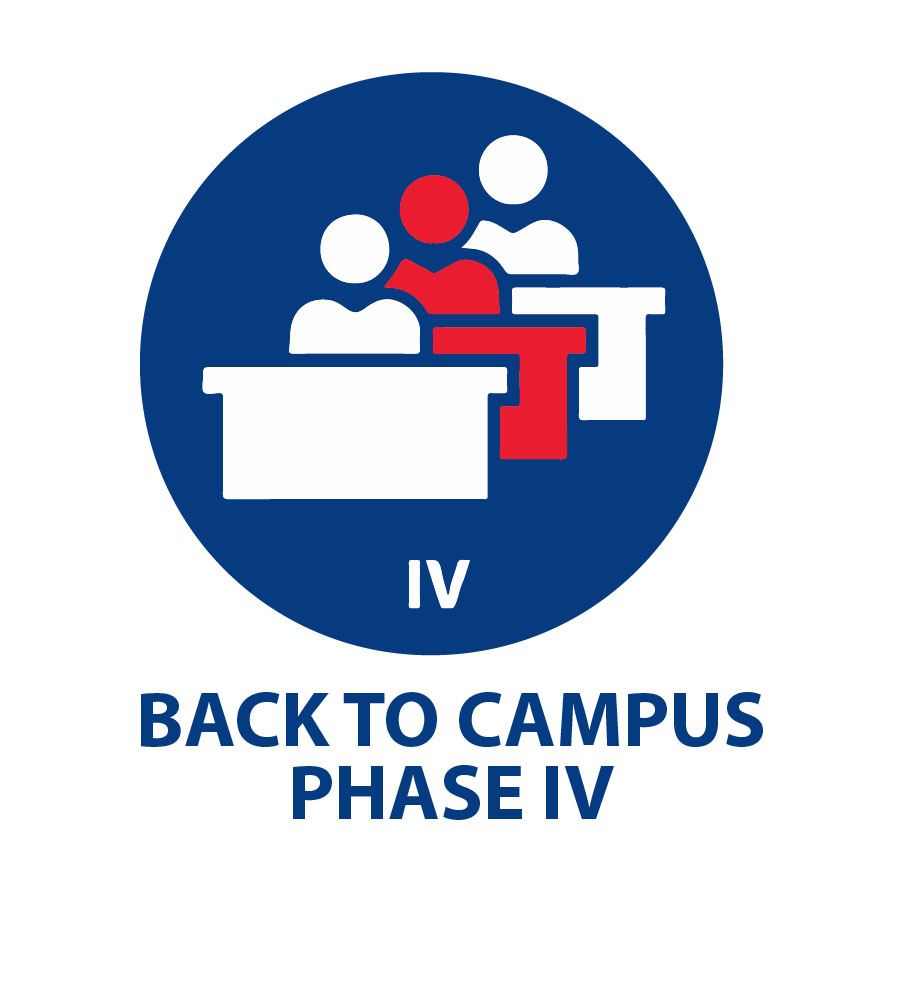EMPLOYEE FREQUENTLY ASKED QUESTIONS
PHASE IV – FALL 2021
Timeline and activities described below are contingent upon health and safety guidelines and current pandemic conditions and are subject to change.
Please refer to “General Guidelines and Precautions” for an overview of the precautions the College is taking. In addition, refer to the “Campus Access” section for campus access safety protocols.
Yes, the Equal Employment Opportunity Commission (EEOC) has issued the following guidelines:
- The EEOC enforces workplace anti-discrimination laws including the Americans with
Disabilities Act (ADA) and the Rehabilitation Act, including the requirement for reasonable
accommodation and rules about medical examinations and inquiries.
- The ADA and Rehabilitation Act rules continue to apply, but they do not interfere
with or prevent employers from following the guidelines and suggestions made by the
CDC about steps employers should take regarding the Coronavirus.
- The EEOC has provided guidance, consistent with these workplace protections and rules, that can help employers implement strategies to navigate the impact of Coronavirus in the workplace.
In accordance with state law, effective Nov. 15, 2021, Southwest no longer requests self-reports for positive COVID-19 test results. Stay safe and be well!
Southwest has a new online application program for obtaining a Campus ID. Students and employees can apply for their campus ID by uploading a photo of themselves to their My.Southwest portal dashboard. The ID will be prepared and mailed using the photo and address provided. All students and employees are required to display their Southwest Tennessee Community College Campus ID whenever visiting a Southwest location. No IDs will be distributed on campus.
For more information on how to apply online for your Campus ID
For more information about the online campus ID program, email Student Development at studentdevelopment@southwest.tn.edu.
SOUTHWEST BACK TO CAMPUS OPERATIONAL LEVELS
CONTACT
General Information Phone:901-333-5000
Public Safety Email:
policeservices@southwest.tn.edu
Macon Cove Campus Phone:
901-333-4242
Union Avenue Campus Phone:
901-333-5555
LINKS
College Website
Coronavirus News and Info
Campus Access
Campus Access Video (Macon Cove)
Campus Access Video (Union Avenue)
Employees
Faculty and Students
General Guidelines
Academic Calendar
Letter from the President
Town Hall Student Q&A (June Session)
Town Hall Student Q&A (August Session)
Town Hall Legislator Q&A (August Session)
Town Hall Video Archive Playlist
You Down with PPE Video



